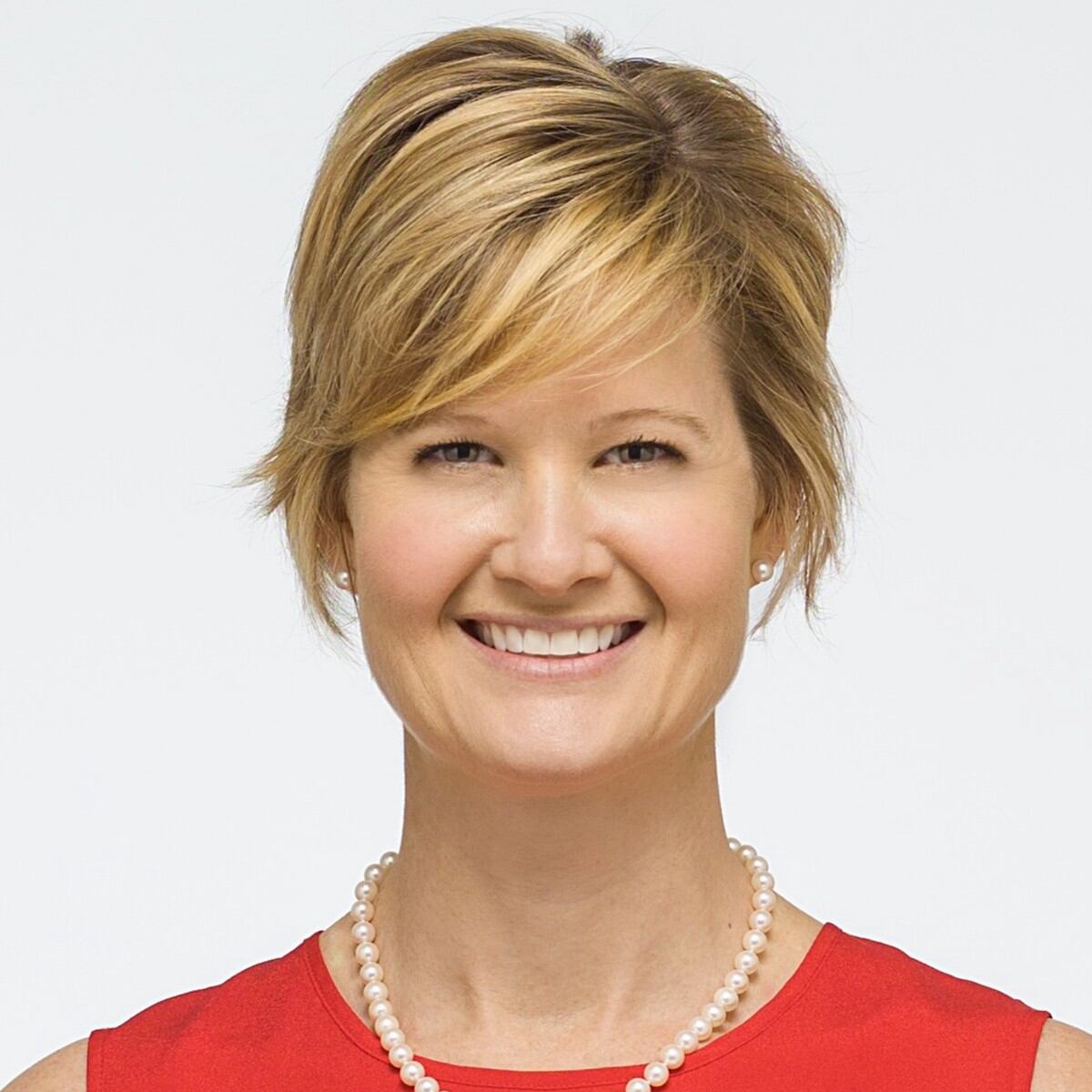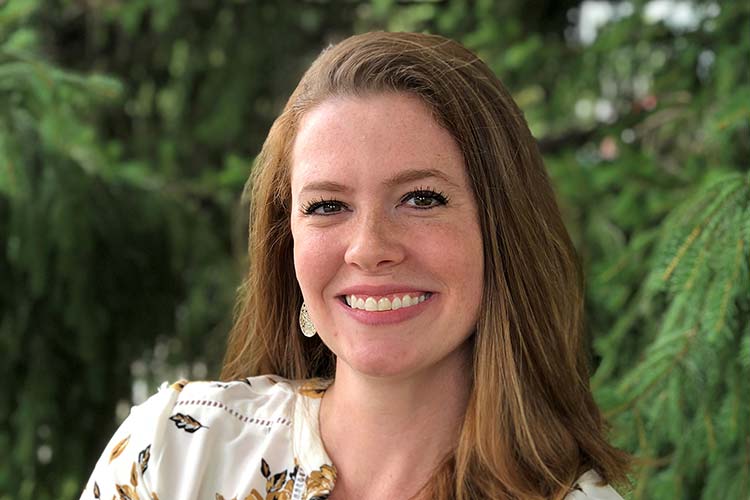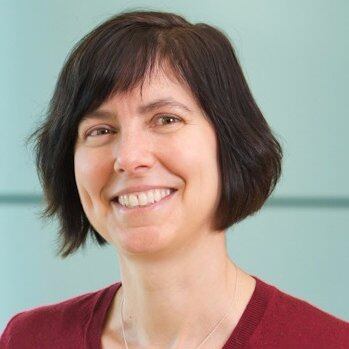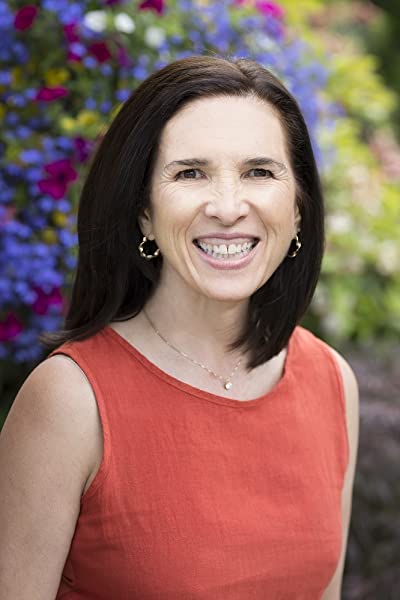One area in which progress toward equity has been slower than desired has been in graduate education in the life sciences. While academia works toward rewriting narratives, research continues to suggest a lack of female representation, with a disproportionate number of women leaving academic research instead of advancing to positions in which they become mentors themselves.
Trending in PhD and postdoctoral programs is women mentoring women and men mentoring men. So far the findings on whether there are any beneficial or detrimental effects of this mentoring trend has been a mixed bag.
To learn more about this predicament, researchers from Oregon Health and Science University analyzed formal PhD and postdoctoral mentoring relationships from 2000 to 2020. The researchers evaluated the outcomes of PhD and postdoctoral mentoring relationships in the life sciences of 11,112 mentors and 26,420 trainees in all.
Findings
The findings, published in the journal PLOS Biology, suggest that trainees with women mentors were less likely to become academic mentors themselves compared to trainees with men mentors. But when researchers statistically accounted for factors commonly affected by institutional gender bias, including funding, citation rate and reputation of the mentor’s institution, that disparity was substantially reduced. This result suggests that, since mentors tend to have trainees of the same gender, gender disparities in resources available to mentors may disproportionately affect women trainees.
The researchers also found that a mentor’s status is mostly unrelated to whether they tend to work with trainees of the same gender. However, mentors with outstanding distinctions—such as being a Nobel Prize recipient or a member of the National Academy of Sciences—were more likely to have men trainees, potentially further contributing to lower representation of women in academic mentorship positions.
The research implies that structural inequities in the resources available to women mentors may indirectly affect their trainees. The researchers propose that one strategy to address this issue could be to try to boost the number of women trainees among mentors with outstanding distinctions.
Reaction

Susan Hazels Mitmesser, PhD, VP of Science and Technology at Pharmavite, said she was not surprised to see that mentoring relationships lean towards homophily in academia. “Given that mentoring can have a profound impact on one’s professional evolution and scientific contribution, this is something that we need to pay particular attention to. Data suggests that women leave STEM during postgraduate career transitions, which ultimately affects the pool of women to mentor other young female scientists (the leaky pipeline phenomenon). Women continue to be underrepresented as faculty in many research fields; understanding why women leave STEM is really important.”

“The article summarizes that ‘institutional biases that affect the careers of women mentors indirectly impact the careers of their trainees and that interventions to increase representation of women as trainees may be targeted at elite scientists.’ This rings true,” noted Melanie Bush, VP of Science & Research, Artemis International. “If a female mentor is held back from resources or status, it makes sense that the cycle would continue with her trainees. I would add that this pattern can hold true for many other professional realms beyond just academic institutions. For example, if a woman is mentored by another woman in a high-ranking executive position, she might be able to better see herself in that role, compared to if there were no upper-level positions held by women at that company. She then, in turn, may continue striving for that high-status position and then be able to similarly mentor others in the future. Seeing someone else like you succeeding can help you picture yourself in that role, and it can pave the way for anyone who might be tentative about pursuing—or sticking with—a particular field.”

“Having spent a long time as an academic researcher, I read this article with interest,” said Holly Ganz, PhD, co-founder of AnimalBiome. “These findings are largely consistent with my experience as a graduate student and postdoc. Of course I had to spend some time exploring the Academic Family Tree and updating my own tree within it.”

“I believe that at least in the fields of nutrition and exercise, this focus on gender and success is on its way to change,” said Susan Kleiner, PhD, RD, owner of High Performance Nutrition, LLC. “We have more female research faculty, and more well-funded female faculty. There is no doubt that the more successful the mentor, the greater the opportunities of the mentee. If gender influenced success, which it did and still does, but less so, that would influence the success of the mentee. So until we have parity between genders in opportunities for success, the trickle down ‘leaky pipeline’ will continue. As I said, I’m hopeful that things are on their way to change. One very successful female mentor can influence many young female mentees, who then become successful and spread the good work around.”

“There is no way I could disagree with this article and its findings,” said Susan J Hewlings PhD, RD, Director of Scientific Affairs, Nutrasource/GRAS Associates. “I witnessed firsthand gender bias in the tenure promotion process. That is a long story I'll save for another day. It is also important to recognize that there will be differences in different disciplines. For example, nutrition often has more females than other fields might have. Though at the PhD level this may decrease. Undergrad, the RD route is traditionally predominantly female. I think the other factor that may influence this discussion though I am not sure is gender differences related to different types of institutions. In other words, do more women than men accept positions at community colleges or undergrad institutions whereby they would still be mentors but would not be mentoring doctoral students? Then there are the online programs that might be mentoring but might not be captured in analyses of traditional face to face institutions. One must also consider the criteria for attaining the status to have doctoral directive status and whether or not those criteria are biased – i.e. publications, scholarly work, university service, student reviews, faculty reviews and so on. That being said, these are discussions that need to be had.”
Just a part of story
While the researchers we spoke with weren’t necessarily surprised by the findings, each highlighted their own unique story and circumstances. As Melanie Bush put it, “While trends may exist between gender and outcomes of mentor relationships, there are many other factors that can play a role as well. A trainee’s personality, drive, life events, background, connections and more can all influence the likelihood of advancing within the academic scientific community and serving as a mentor.”
“I do think it only tells a part of the story of gender issues in higher education. Tenure and promotion are other huge issues that are connected to this because faculty have to advance to a certain level before they can have doctoral directive status,” said Hewlings. “I have been in higher education for over 20 years. Part of what I love about it is that conversations like this are encouraged. College campuses have long been a place to discuss and question and advance cultural norms. As what we think of as a ‘college campus’ evolves, our discussions around issues of diversity and inclusion must also evolve and higher education must continue to challenge such concepts. Perhaps looking inside its own biases is a good place to start.”
Men as allies
Another part of the story is male mentors. Many men and women recognize benefits of solidarity and intersectionality. Each researcher recounted the roles of male mentors who helped them write grants, get funding and introduce them to opportunities.
Kleiner said her experience was unusual by all standards, with all her professors women since the nutrition profession was about 95% women at the time. “Within the field, most of the successful scientists in the clinical realm were women. My mentors at Case Western Reserve University were all serious career women who had made their marks in both research and organizational leadership, and they offered tremendous guidance and shared opportunities.
The other half of Kleiner’s PhD experience encompassed the actual research co-investigators with all male MDs and PhDs at the Cleveland Clinic Foundation. “They were also amazing mentors and offered guidance and tremendous opportunities to build a new community of clinician scientists. They showed me the funding ropes and how to build a body of research in my name.”
Ganz said as a graduate student, she preferred to have women as mentors but found that men mentors tended to have more stability and better financial support. “Several of the women I worked with had to navigate ‘the two body problem’ with their academic institutions, where they needed to persuade the university to hire their partner who was also an academic. This meant that they continued to be on the job market after finding their first academic job in order to obtain an offer of two positions that their university might decide to match. As their mentee, I found this to be both troubling and distracting. Nonetheless, the women who mentored me provided substantial input into the development of my research ideas and provided a supportive work environment.”
Ganz added that while also offering critical insights that improved her research, the males who mentored her were more confident and seemed to have greater influence within their fields. “In both cases, my mentors' networks helped me to develop my own network and begin to navigate the challenges of grant writing and writing manuscripts for publication in peer-reviewed journals.”
Bush said she had a male mentor throughout her graduate studies. “With his guidance, I conducted award-winning research and had a very positive academic experience and never felt held back. It was a combination of life events and opportunities that pivoted my career trajectory toward being a scientist for industry rather than academia. It was within these walls at Artemis International where I benefited from the mentorship of the strong women running the company,” recalled Bush. “Being a woman in science was celebrated and I was motivated to grow into an executive role. And yes, this fueled an already innate desire to give back and mentor others—particularly to promote women in STEM.”
“Part of the role of professorship is to mentor young scientists. I had that during my PhD training from my advisor, however, when I made the decision to go into industry and not pursue an academic career that is where my mentoring stopped. I never really understood why; but what I do know is that there is a lack of industry experience being brought into the classroom,” said Mitmesser. “That is why I try to give back through my current academic appointments. This allows me the opportunity to provide students with real world industry experience and mentor those that are interested in going into a nontraditional technical track, such as being an industry scientist.”
Hewlings detailed multiple experiences with formal and informal mentors and even a few who weren’t even aware they were mentoring her.
“I hit the mentor jackpot,” said Hewlings. “I have had many amazing mentors both men and women equally and have been able to integrate their influences to then mentor many, many students. Despite having mentored countless students, I have never been faculty in a program that had PhD students. I have mentored undergraduate, graduate and medical students. Some of these students have gone on to conduct research, practice medicine, perform brilliant surgeries and have influential careers. However, in articles that discuss formal mentorship, these interactions may not be accounted for, so lots to consider, but this article provides an important piece to discussions surrounding these issues.”
Source: PLOS Biology
20(9): e3001771 2022 doi.org/10.1371/journal.pbio.3001771
Impact of gender on the formation and outcome of formal mentoring relationships in the life sciences
Authors: L. Schwartz, et al



